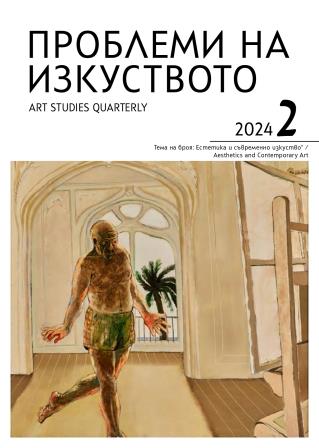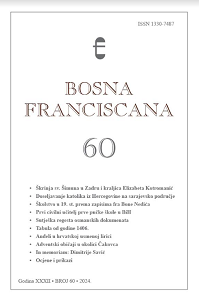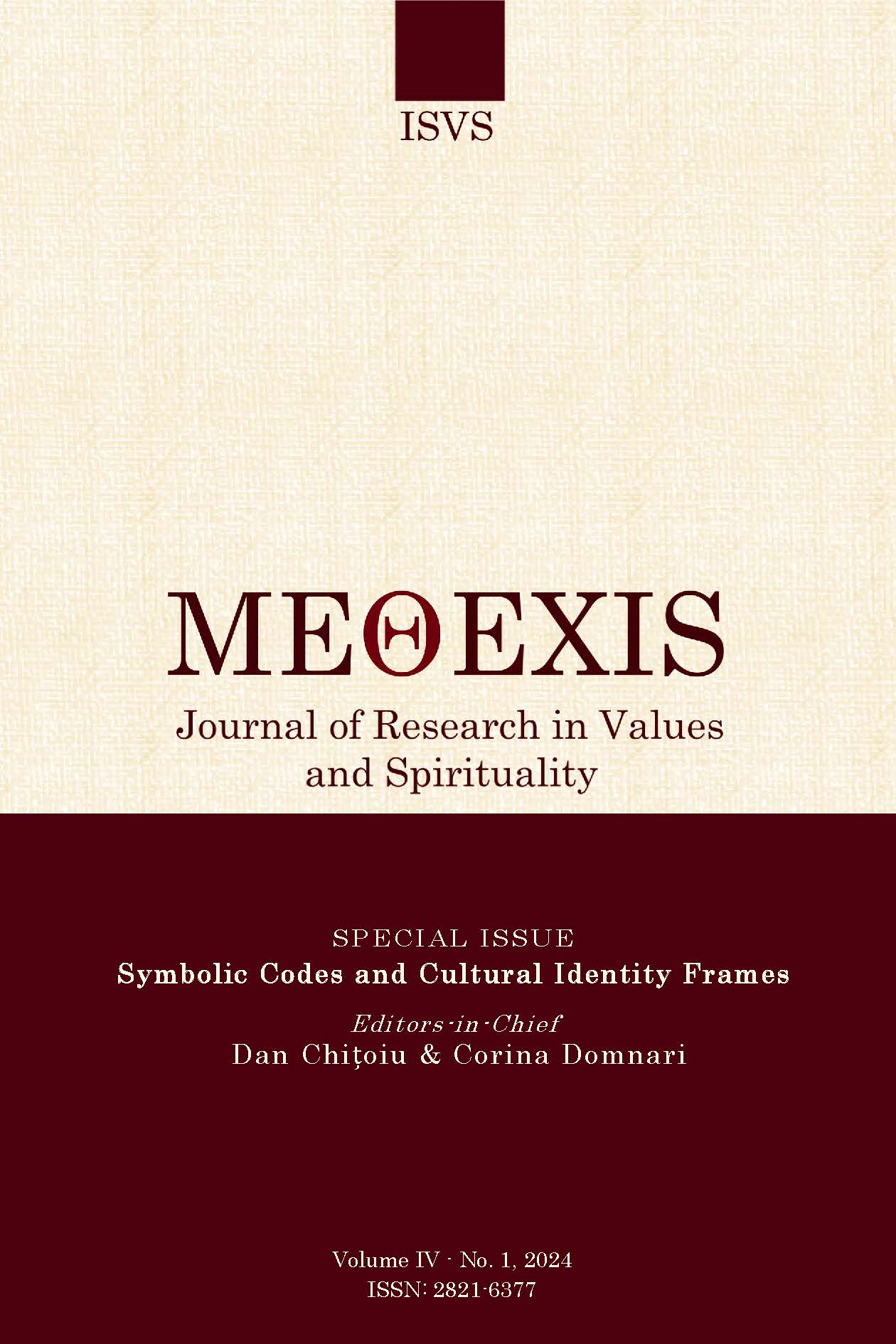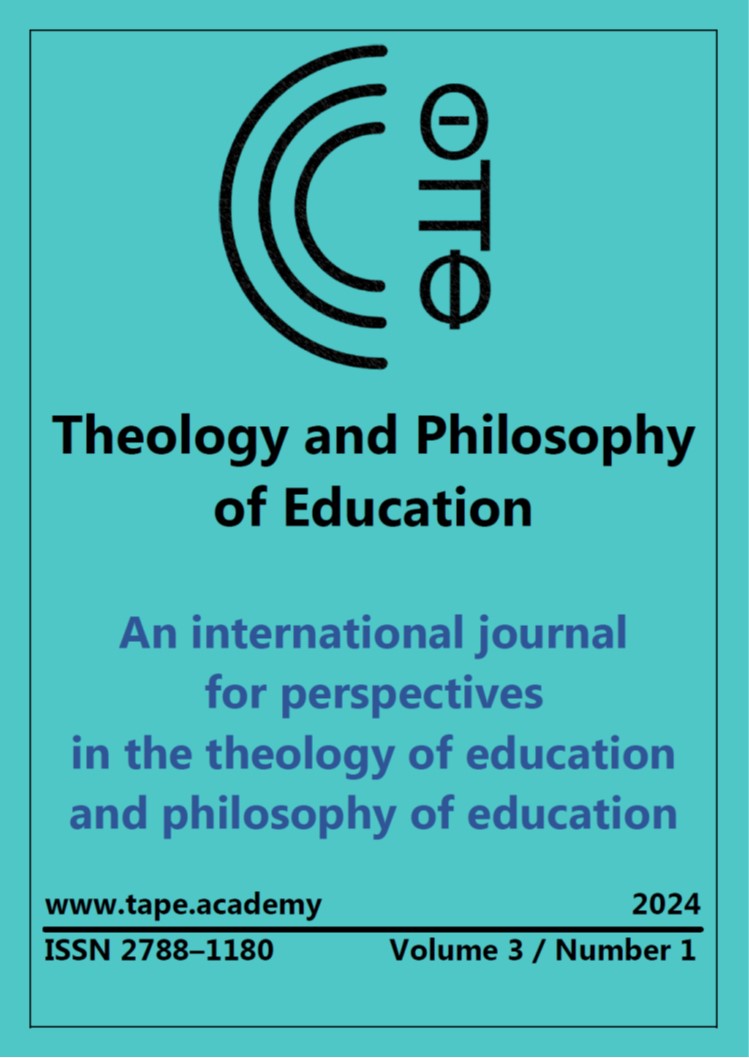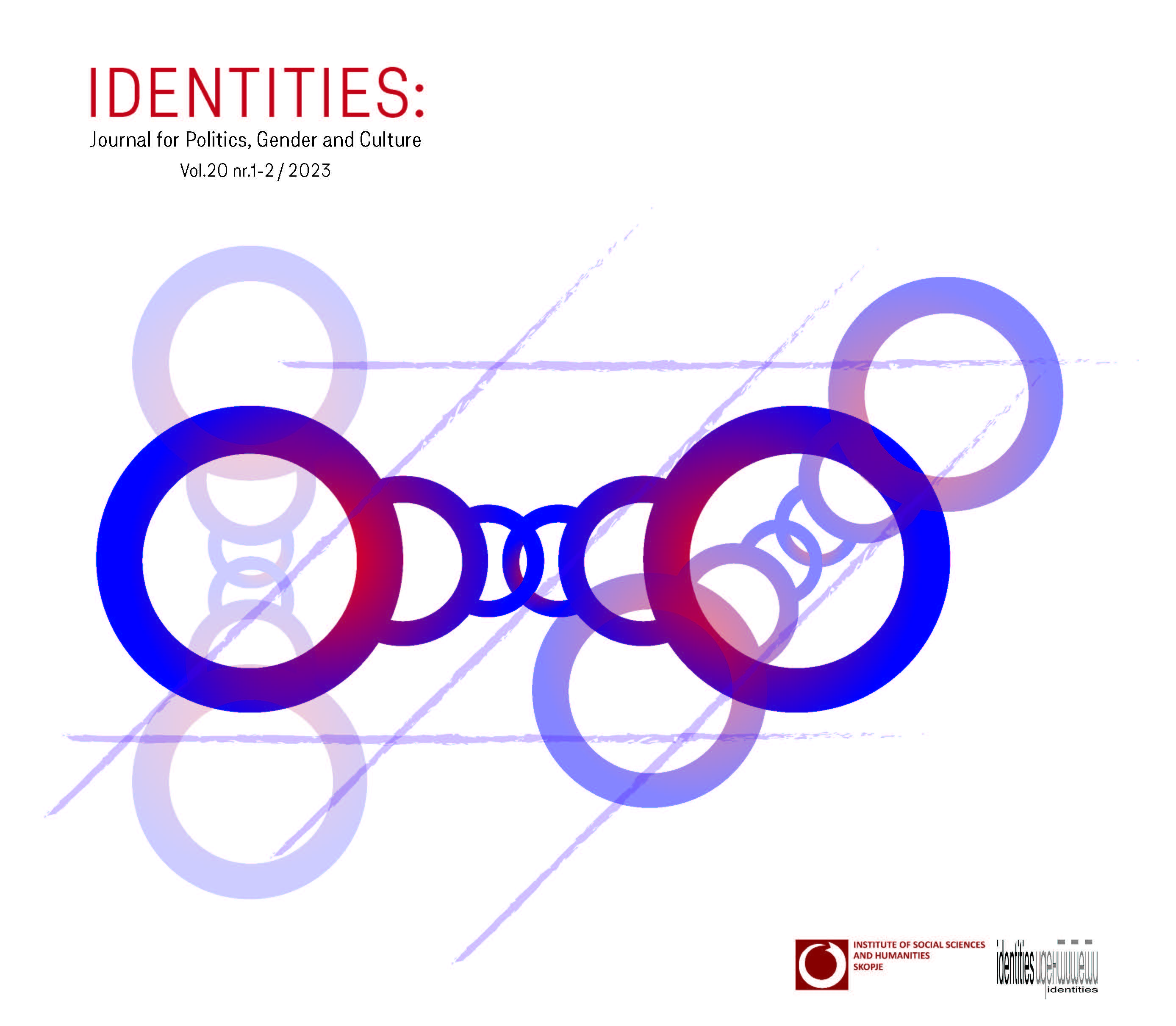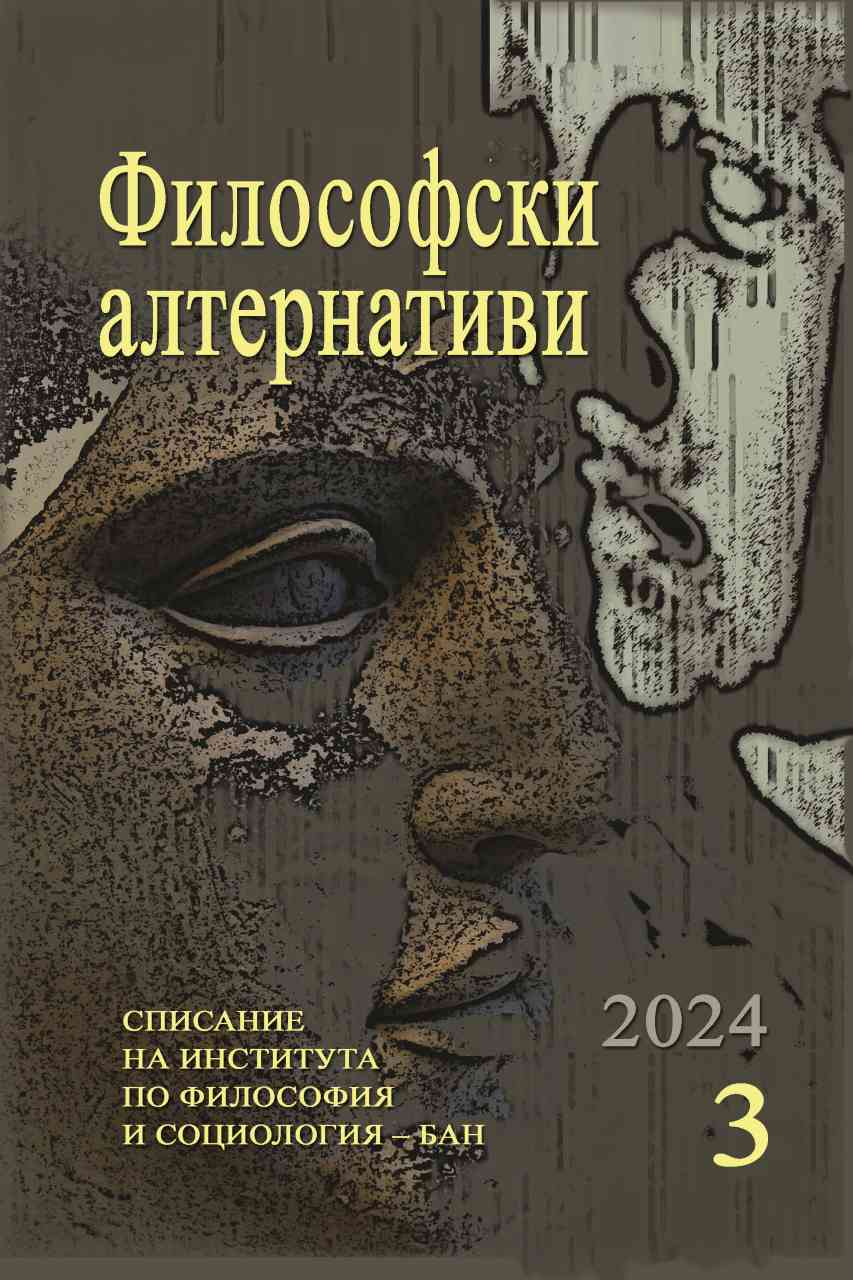
Идеята за допълнителност в научното познание като стил на мислене
The principle of complementarity, raised by Niels Bohr as a kernel of the Copenhagen interpretation of quantum theory, as well as the principle of equivalence of space geometries, raised by Hans Reichenbach, are critically discussed as epistemological approaches at achieving theoretical representations of complex objects of research, which stay far from the ordinary human experience. Both principles share a congenial style of thinking. I also point to theoretical ways that lead out of the grip of these principles.
More...
